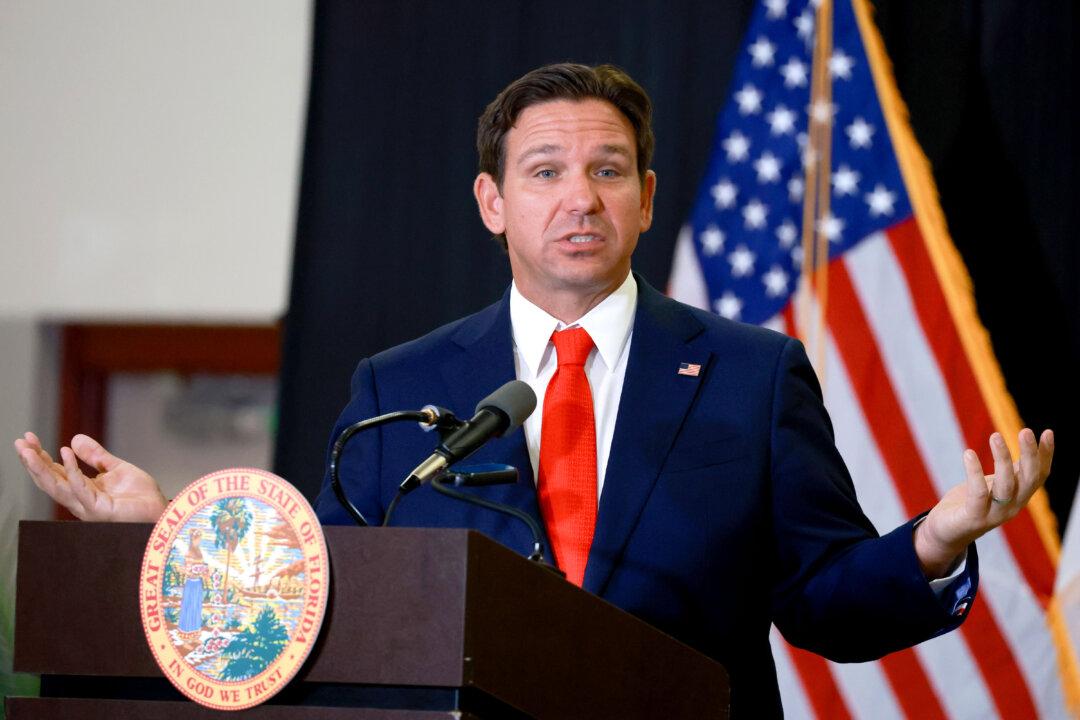The Florida Legislature has delivered on legislation concerning illegal immigration during its special session, passing two bills in both chambers after hours of debate and receiving Gov. Ron DeSantis’s signature on Feb. 13.
“Florida leads the way yet again, as we have done on issue after issue over these many years,” the governor said at a press conference, calling the bills ”the strongest legislation to combat illegal immigration of any state in the entire country.”





